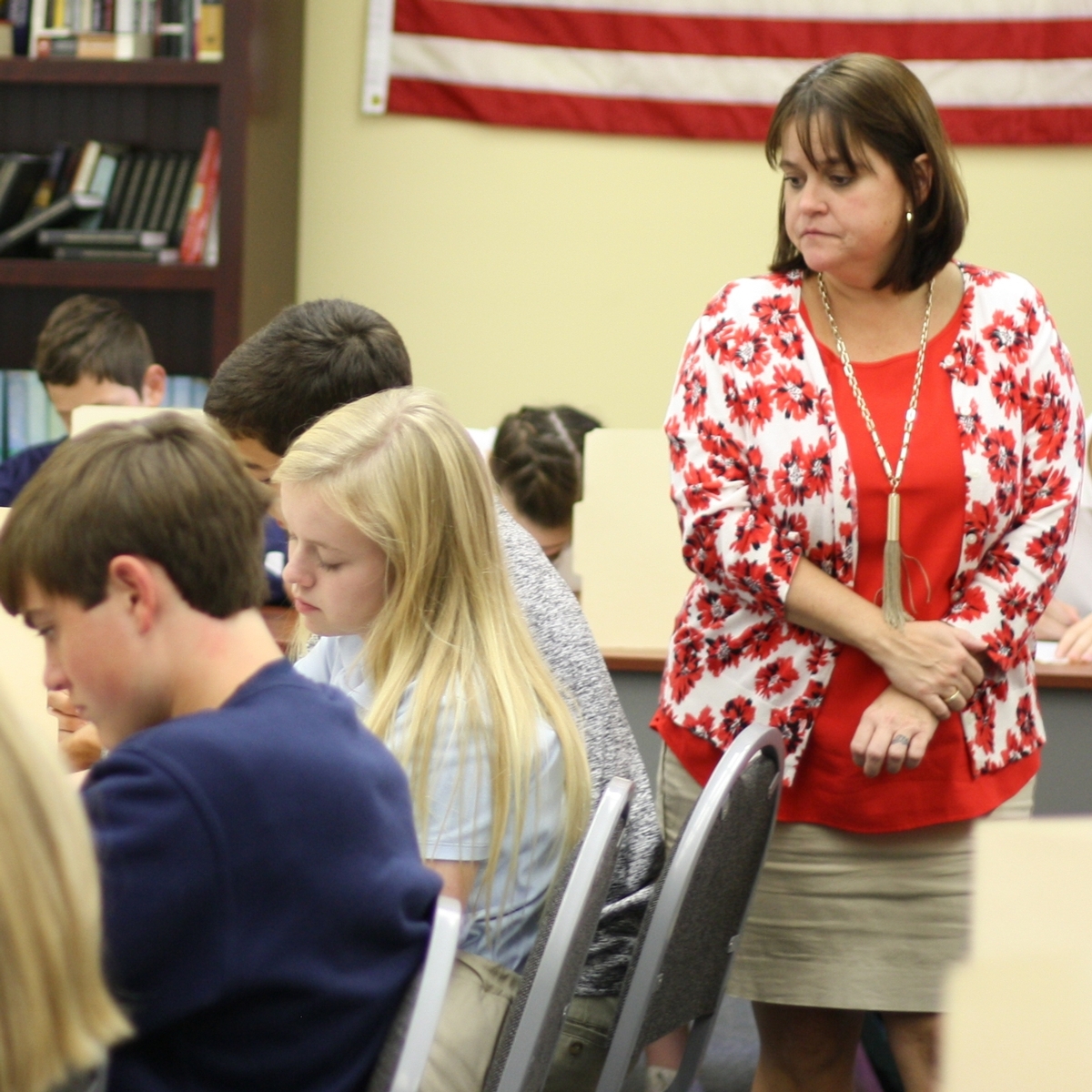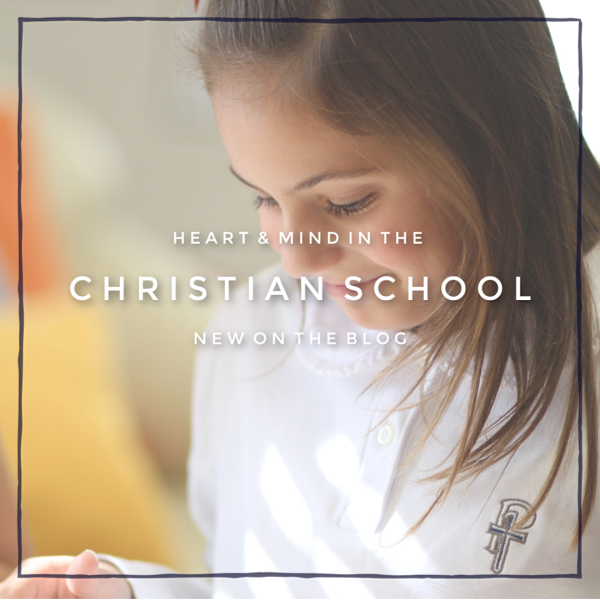Worldview is More Than an Approach

Every student has a worldview and they have life questions that will someday get answered. The Christian school must decide if it is going to proactively address these questions by inviting students into the discussion through the subject matter by way of Biblical Integration, or if they are going to separate faith and learning. Too often the Christian school misses the main point of its existence by operating in a system that MacCullough (2015) calls the Parallel Model, where faith and learning are taught independent of one another and treated almost as separate entities. Unless the Christian school takes advantage of supplying the unifying purpose of why we exist and why education allows us to understand and know the creator through His creation, the primary value of Christian Education will be lost.
The Christian school must take advantage of the opportunity to infuse life’s biggest questions into the material that is being taught. Done correctly, Biblical integration actually takes place within the student’s mind, not simply by integrating Scripture into the text material. Christian schools must take student minds to the Word through the curriculum, not by interjecting the curriculum with prayer and verses that have little connection to the material being taught.
Biblical integration is wholeness, it is unity in shedding light on the Biblical truth that is found within the concepts of the universe that God has created. One of the greatest benefits of connecting biblical truth to concepts contained in the academic lesson is the engagement of long-term memory practice that makes a recall of these connections “sticky.”
Culture bombards our students with dualism, postmodernism, and naturalism and has a secular approach at its core which places supreme value on the individual and what they think. The Biblical worldview approach uses Scripture as the basis for how we should think, the unchanging Word of God. MacCullough (2015) states that “Researchers have found that integrated young people make more sense out of all of their life.”
Students will get answers to their questions as the internet and social media are bombarding them with information that is likely a naturalistic and pantheistic viewpoint. The Christian school has great opportunity to be a valued voice in the lives of how students answer life questions and must not miss the opportunity by failing to integrate the minds of its students with Scriptural truths.
- Emory
Teachers at PCS teach from a framework of Big Ideas.

Teachers at PCS teach from a framework of Big Ideas. Big ideas are the core of a subject and need to be uncovered to provide understanding for the student.
Big ideas have everything to do with one's worldview. If we believe that life's totality is encompassed by just what we see and hear, and if one's worldview is that a person's existence begins at birth and ends at death, the entire perspective of their education is affected. The naturalistic, secular, atheistic worldview will be exposed every day. Missed opportunities are the great tragedy in the Christian school when the teacher is a believer but teaches without a perspective, pedagogy, and direction of gospel Truth. There are several key elements that affect our identification of Big Ideas:
Image bearers
Students are image bearers of Christ that have thought, meaning, purpose, emotions, and an eternal soul. Every day in the classroom teachers teach on the dawn of eternity.
Purpose of education
The purpose of education is redemption. It is to live in understanding that we are in a fallen, broken world that has become distorted by sin. Redemption is not a matter of applying a spiritual or supernatural dimension to creaturely life that is lacking, rather it is to shed new light and life to what was there all along (Wolters, 2005, p. 71).
The interconnectedness of every subject
Order is fundamental to Christian understanding as chaos does not randomly become beautiful order (J. Hughes, 2014, personal communication). Logic and reason are intertwined throughout Scripture, biology, physics, math, literature, philosophy, art, poetry, and human movement (dance and athletics).
Little t's in the Big T
Truth is uncovered in creation. The “hidden wholeness” is uncovered through one’s study of creation (Palmer, 2007). All of God’s created truths point to the Truth of His existence and love for creation and the student. Teachers must be attuned to the alignment of the truths and help them encounter them.
- Emory Latta
References
Palmer, P.J. (2007). The courage to teach: Exploring the inner landscape of teaching and life. San Francisco: Jossey-Bass.
Heart and Mind in the Christian school

As much as secular education and behaviorist psychologists have tried to force a philosophy of education into a realm that justifies their naturalistic and secular belief system, there is no denying that true education involves the human emotion of heart and soul (Beechick, 2004).
Children in a classroom are not a brain-on-a-stick. Biblical scholars point out that a Scriptural view aligns with thinkers from all of the antiquity that includes Aristotle in viewing the heart as central to the soul (Beechick, 2004, p. 29). A person’s heart and brain interact in an emotional/psychological conversation within one’s consciousness that determine one’s heart-set, or a direction of intentioned actions. A person’s emotions are involved as well as one’s soul is engaged in an interplay between learning and discipline. A disciplined mind from a context of love is ready to learn and can engage in a natural progression of creativity, which is defined as “bringing order out of chaos."
How tragic would it be if a student experienced any part of God’s creation without God at the center of it all? We have stated for years that there is no neutrality in education as some worldview is being expressed. But the critical component constricting creative and vibrant education is the naturalistic, soul-less, standards-based education that sees facts as an end in education rather than its foundation.
We should stir students’ interest and have them discover information, so they can better ingest it into their way of thinking. True change happens when their emotions are engaged and they have an interest in uncovering truth. Possessing information and even having an in-depth understanding of it doesn’t really provide long-range change. Students’ emotions must be affected before lasting change occurs.
True learning is developing a fascination with a concept and not only knowing it but becoming compelled to share it with someone else.
- Emory
References
Beechick, R. (2004). Heart and mind: What the Bible says about learning. Fenton, MI: Mott Media.
